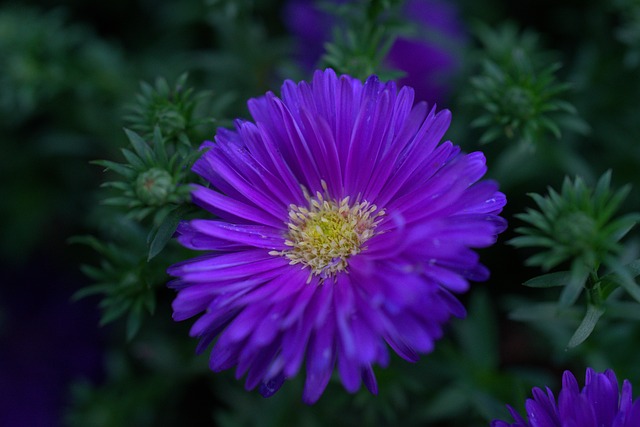
Lots of people grow organically due to their concerns about the harmful effects of all the different pesticides and commercial fertilizers on the environment and their health. Also, the majority of organic horticulture strategies require very little money. Below are some great tips to assist you grow to be the organic gardener that you hope to be.
Lay sod properly. Get your soil ready before you lay the sod. Break the soil into fine tilth and make sure you remove any weeds as well. Make sure the soil is packed firmly and even. Make sure the soil is thoroughly moist. Lay the sod down in alternated rows, keeping the joints set off from one another. Firm the sod down to form a flat, even surface, and fill in any gaps between the sod with a little soil. Water the sod everyday for the first two weeks until the roots grow enough.
You must gradually introduce your plants to changing conditions and temperatures, so you do not shock them. Put them out in the sun for approximately one to two hours on the very first day. Over the week, try gradually increasing the time they’re left outside. By the end of the week, your plants should be ready to make the big move with no problem!
Clay soil makes working with a shovel difficult. The clay is hard and sticks to the shovel. One way to get around this problem is to coat the shovel with wax. Use a clean cloth to spread the wax evenly. The clay easily slides off the surface while keeping the end from getting rusty.
Do not plant perennials that are prone to snail infestation. Slugs and snails are voracious eaters that can destroy a plant literally overnight. They tend to enjoy perennials that have thin, smooth, tender leaves, especially those of young plants. Others, though, are disliked by slugs and snails. Those with rough leaves or an unappetizing taste will be less desired by slugs and snails. Some of these plants include achillea, campanula, euphorbia, hellaborus, and heuchera.
The first thing you should do when planning a garden is test the soil. Pay a small fee to have your soil analyzed, and you’ll be glad that you did when you understand what nutrients your soil is lacking. Ask about this service at a local university or the county Cooperative Extension office to improve the soil and insure fruitful crops.
Your vegetable garden should get at least six hours of sun daily. Most members of the vegetable family need this minimum of light for proper growth. The same can be said for some flowers.
Plan your garden before you plant it. This is a good way to remember which plants have been planted in each area before they grow. It can also keep you from planting any of your garden favorites too close to each other.
Protect your delicate shrubs from harsh, wintry elements. Tender, potted shrubs must be protected when the weather is cold. Pull the canes together at the top and securely tie them. Next, using a sheet or perhaps even a blanket, cover the structure. This is more effective than putting plastic on the plant, it will let the air flow.
Fertilize your garden regularly. Manure is very effective in helping plants grow, although it is important to use a commercially composted product to minimize the risk of pathogens. You have many different choices for fertilizer; choose whichever is best-suited to your plants but definitely use one.
Read instructions before using any horticulture tool you aren’t familiar with, including pesticides or other chemicals. Use the tools only as directed in the instructions. If you do not do this very simple step, you can end up causing skin irritation problems that are very painful. Protect your plants and yourself by knowing how to correctly use all of your horticulture implements.
The sun can cause irreparable skin damage; therefore, it is essential to dress accordingly when gardening. Choose hats with overlapping brims, don those sunglasses and smear on the sunscreen. Wearing sun protection will prevent your skin from burning and by extension will reduce your risk of developing skin cancer.
Are you a parent? If you are, try planting some strawberries like everbearing strawberries in your garden. Kids are quite eager to pick fruit from a garden, and will help with the planting if they get a nice snack out of it at the end.
Water infused with aspirin is great for combating plant disease. Your plants can benefit from a solution you can make by dissolving one and one-half aspirins into a couple of gallons of water. Spray the plants with the aspirin solution to help your plants fight disease. You should spray your plants about once every three weeks.
Regularity is the key to keeping your organic garden in order, don’t let your list of chores pile up. Even if you can’t tend to your garden daily, you can do little things to help so that there is not a huge amount of work to be done when you are ready to get back to it. While you are with your pet outside, pull some weeds while the pet does its business.
Utilizing the advice provided in this article in your organic horticulture efforts will produce great results. You will quickly see your garden becoming more productive and healthy, while being free of toxins. As your garden starts to become more attuned with nature, you will also see it attracting more wildlife.